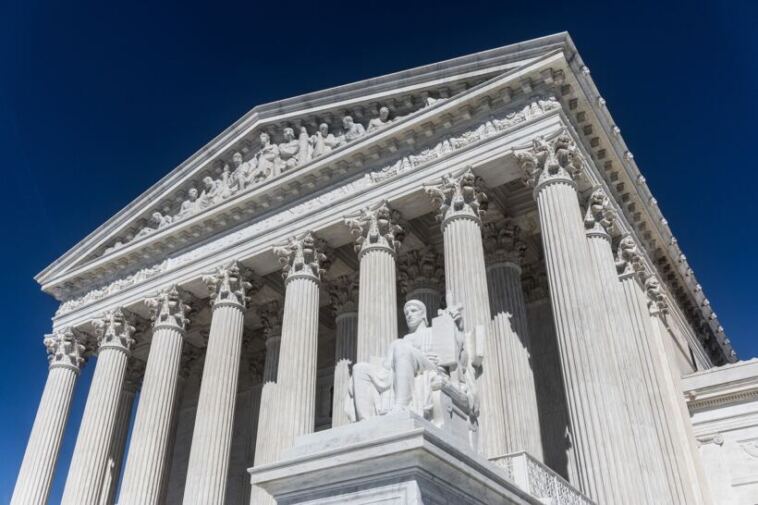- Like
- SHARE
- Digg
- Del
- Tumblr
- VKontakte
- Flattr
- Buffer
- Love This
- Save
- Odnoklassniki
- Meneame
- Blogger
- Amazon
- Yahoo Mail
- Gmail
- AOL
- Newsvine
- HackerNews
- Evernote
- MySpace
- Mail.ru
- Viadeo
- Line
- Comments
- Yummly
- SMS
- Viber
- Telegram
- JOIN
- Skype
- Facebook Messenger
- Kakao
- LiveJournal
- Yammer
- Edgar
- Fintel
- Mix
- Instapaper
- Copy Link
Introduction
Marijuana legalization in the United States has been rapidly evolving, with multiple states adopting varying degrees of legalization for recreational and medical use. As of February 2023, 18 states plus Washington D.C. have made recreational marijuana legal and 38 states have legalized medical marijuana.
Legalizing marijuana offers numerous potential benefits for individuals interested in using it legally. The following gives an overview of the evolving landscape of marijuana legalization.
Understanding the Legalization Landscape
Each state makes laws and regulations regarding marijuana legalization, including possession limits, cultivation rules, and consumption guidelines. Understanding the specific laws in your state is crucial to ensure compliance and making informed decisions about using marijuana legally.
Keeping up with the latest developments in marijuana legalization is essential as new states continue to explore and implement cannabis reforms. Staying informed about the changing legal landscape can help individuals stay abreast of new opportunities and regulations, ensuring they know the legality of marijuana in different jurisdictions.
Health Benefits of Legalized Marijuana
The medical benefits of marijuana have been widely recognized, with research suggesting its efficacy in managing chronic pain, reducing nausea and vomiting, alleviating symptoms of certain medical conditions (such as multiple sclerosis and epilepsy), and improving appetite in patients undergoing chemotherapy.
Legalization allows individuals with qualifying medical conditions to access medical marijuana weed in dc and other areas, often through state-regulated dispensaries. This provides a safer and more reliable source of cannabis products, ensuring consistency in potency and quality and allowing patients to benefit from specific strains and formulations tailored to their medical needs.
Medical Marijuana as an Alternative Treatment
For individuals seeking alternative treatments, marijuana legalization offers a broader range of options beyond traditional pharmaceuticals. Medical marijuana can be a viable option for individuals who have not found relief from conventional medications or experience unwanted side effects from other treatments.
Legalized marijuana also promotes further research into its potential medical applications. As regulations loosen and stigma decreases, scientists can conduct more comprehensive studies to explore additional therapeutic uses of marijuana, potentially leading to discoveries and treatment options.
Accessing Medical Marijuana
To access medical marijuana, patients typically need a medical marijuana card or recommendation from a qualified healthcare provider. This requires meeting specific eligibility criteria, which may vary from state to state but can often include having a qualifying type of medical condition recognized by the state’s medical marijuana program.
Once approved, patients can visit licensed dispensaries to purchase medical marijuana products legally. These dispensaries provide a wide range of cannabis products, including flowers, edibles, concentrates, and topicals, with knowledgeable staff who share their expertise and guide patients in selecting the most suitable options based on their medical needs.
The Role of Caregivers in Marijuana Use
Caregivers play a crucial role in the medical marijuana access process, especially for minors and individuals who may require assistance due to their medical conditions. Caregivers are responsible for purchasing and administering medical marijuana on behalf of the patients, ensuring they adhere to the legal limits and guidelines set by the state.
In states where medical marijuana is legal, patients often enjoy added legal protections, such as legal defenses in case of possession or use-related charges. These legal protections aim to safeguard patients’ rights and ensure they can access the medical relief they need without fear of legal repercussions.
Recreational Marijuana Use
With the legalization of recreational marijuana in certain states, adults aged 21 and above can legally possess and use marijuana for personal enjoyment. However, it’s essential to understand your state’s specific laws and regulations, including possession limits, public consumption restrictions, and where it is legally permissible to use marijuana.
Recreational marijuana legalization can provide economic benefits to both individuals and the community. It creates job opportunities in the cannabis industry, stimulates local economies through tax revenue, and redirects law enforcement resources toward more pressing issues.
Legalization also promotes social equity and justice by addressing the disproportionate impact of cannabis prohibition on marginalized communities. Many states have implemented social equity programs to support individuals and communities affected by the war on drugs, offering opportunities for participation in the legal cannabis industry and expunging past cannabis-related convictions.
How Regulation Helps Recreational Users
The availability of legal cannabis products fosters a safer environment for consumers. Regulated dispensaries ensure that products undergo testing for quality, potency, and contaminants, reducing the risks of using unregulated or illicit substances.
Education and responsible use campaigns accompany marijuana legalization, providing information about potential risks and harm reduction strategies. This empowers individuals to make informed decisions, promotes responsible consumption, and mitigates potential negative impacts on health and well-being.
In Conclusion
As marijuana legalization expands across the United States, individuals interested in using marijuana legally can benefit from the evolving legal landscape. Understanding each state’s specific laws and regulations, whether for medical or recreational use, is essential to ensure compliance and make informed choices.
Legalization provides opportunities for accessing high-quality products, experiencing potential health benefits, and participating in a regulated market. By staying informed, individuals can navigate the legalization process, exercise responsible use, and embrace the changing attitudes towards marijuana in society.
